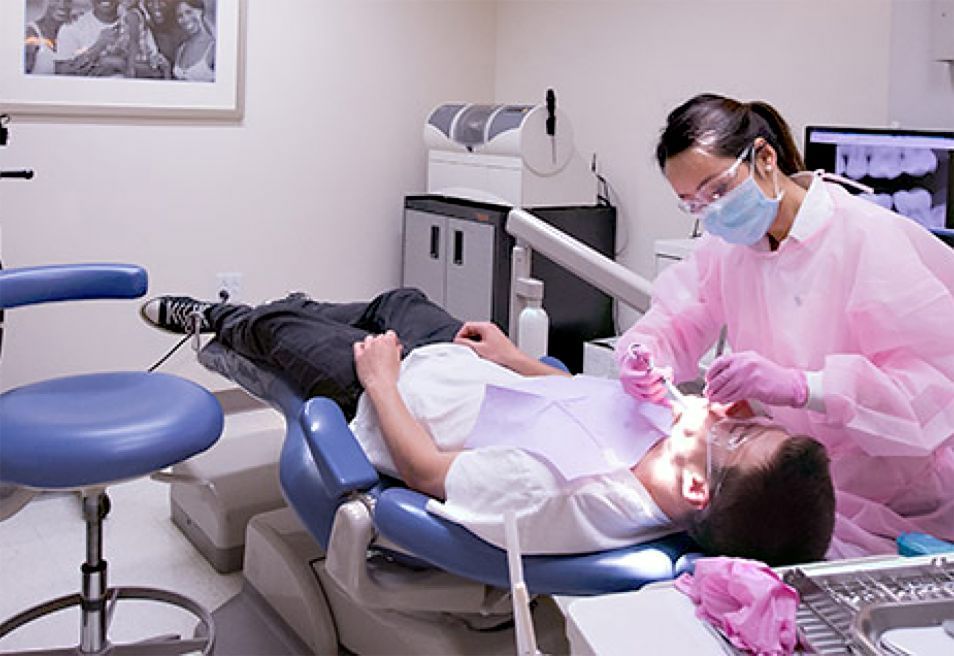
Have you ever dreaded going to the dentist? The sound of the drill, the smell of disinfectant, and the fear of pain can make a dental visit a stressful experience for many people. But what if I told you that there is a different approach to dentistry, one that focuses on compassion and creating a positive dental experience? In this article, we will explore the concept of compassionate general dentistry and how it can transform your perception of dental care.
What is Compassionate General Dentistry?
Compassionate general dentistry is a patient-centered approach to dental care that prioritizes the emotional well-being and comfort of the patient. It goes beyond providing quality dental treatments and focuses on creating a safe and supportive environment for patients of all ages. The goal is to alleviate fear and anxiety associated with dental visits and promote a positive dental experience.
The Importance of Compassion in Dentistry
Dentistry, like any other medical field, requires technical expertise and precision. However, what sets compassionate general dentistry apart is the emphasis on empathy and understanding. Dentists who practice compassionate dentistry take the time to listen to their patients, address their concerns, and develop a personalized treatment plan that meets their unique needs. By showing compassion, dentists can build trust and establish a strong dentist-patient relationship.
Creating a Positive Dental Experience
A positive dental experience starts from the moment you step into the dental office. Compassionate dentists and their staff create a warm and welcoming environment, ensuring that patients feel comfortable and relaxed. They may offer amenities like soothing music, cozy blankets, or even virtual reality headsets to distract patients during treatments. This attention to detail helps alleviate anxiety and makes the dental visit a more pleasant experience.
Techniques for Pain and Anxiety Management
One of the main reasons people fear going to the dentist is the fear of pain. Compassionate dentists understand this fear and employ various pain and anxiety management techniques to ensure a comfortable experience. These may include the use of local anesthesia, sedation dentistry, or even alternative therapies like acupuncture or hypnosis. By effectively managing pain and anxiety, compassionate dentists can make dental treatments virtually painless.
The Role of Education and Communication
Compassionate dentistry is not just about providing treatment; it also involves educating patients about oral health and preventive care. Dentists take the time to explain procedures, demonstrate proper oral hygiene techniques, and answer any questions patients may have. By empowering patients with knowledge, they can actively participate in their own dental care and maintain a healthy smile for life.
Conclusion
Compassionate general dentistry is a revolutionary approach to dental care that prioritizes the emotional well-being of patients. By combining technical expertise with empathy and understanding, compassionate dentists create a positive dental experience and help alleviate the fear and anxiety associated with dental visits. So, the next time you hear the word “dentist,” think of compassion and imagine a dental visit that leaves you smiling.







